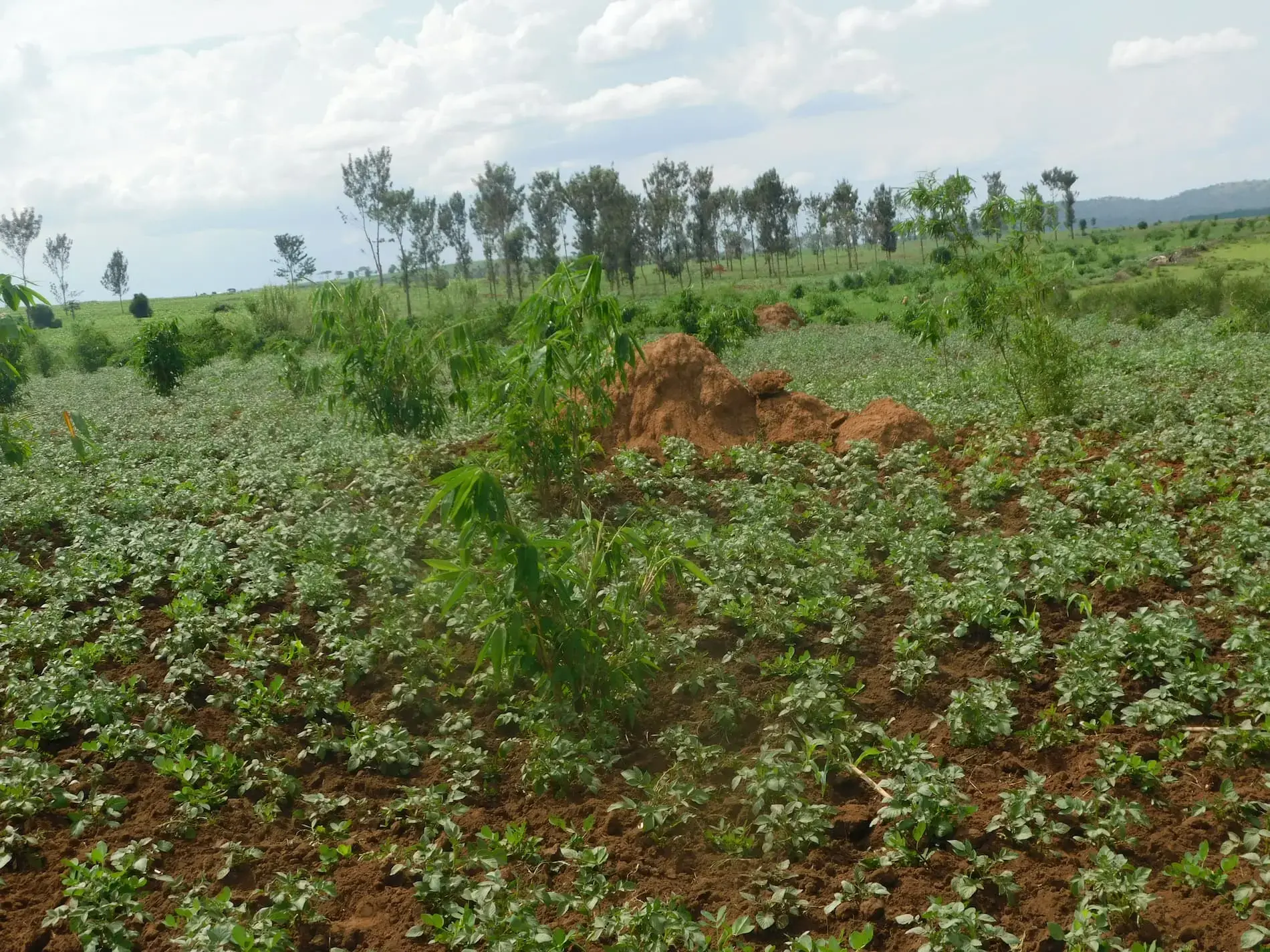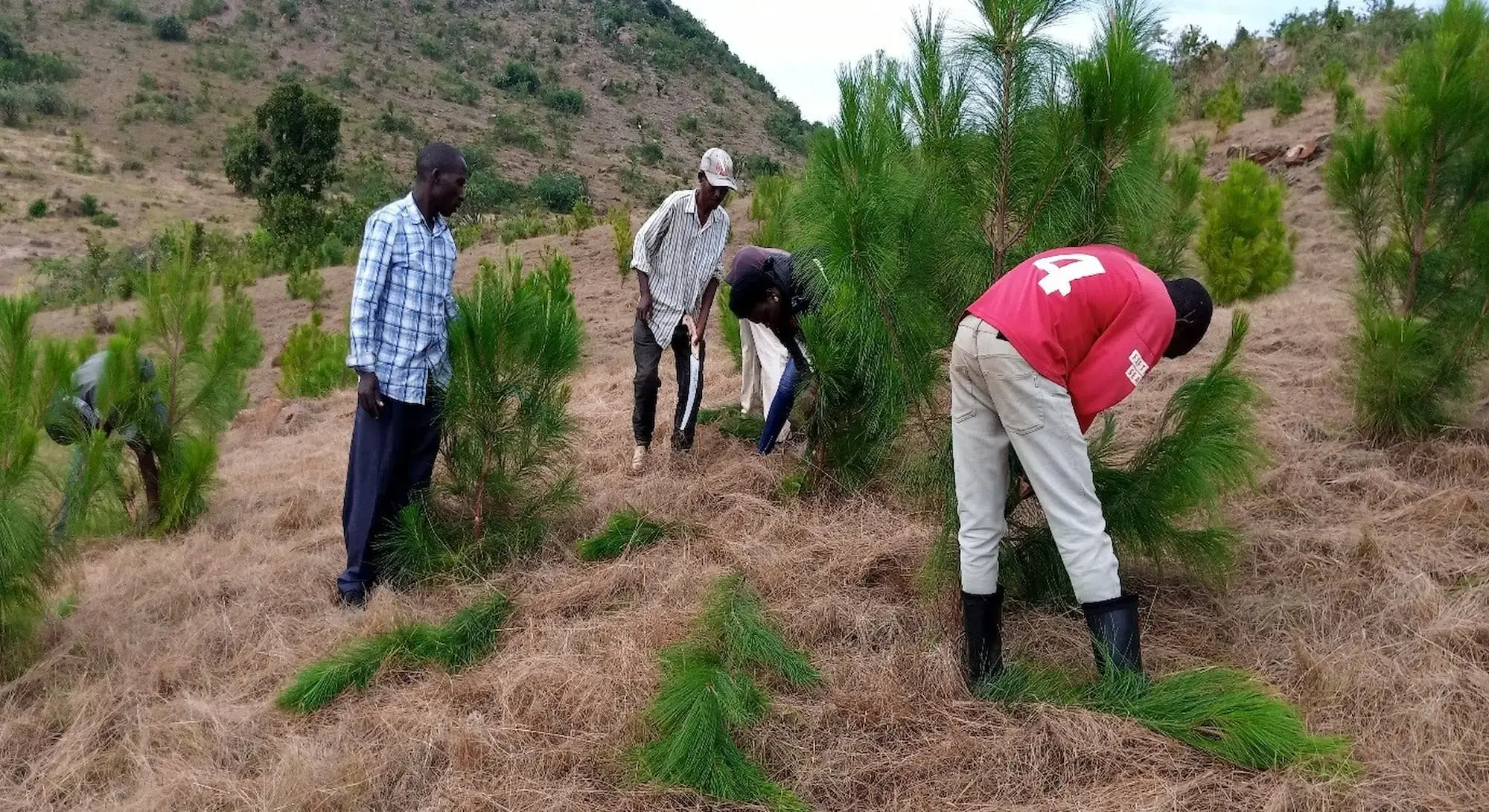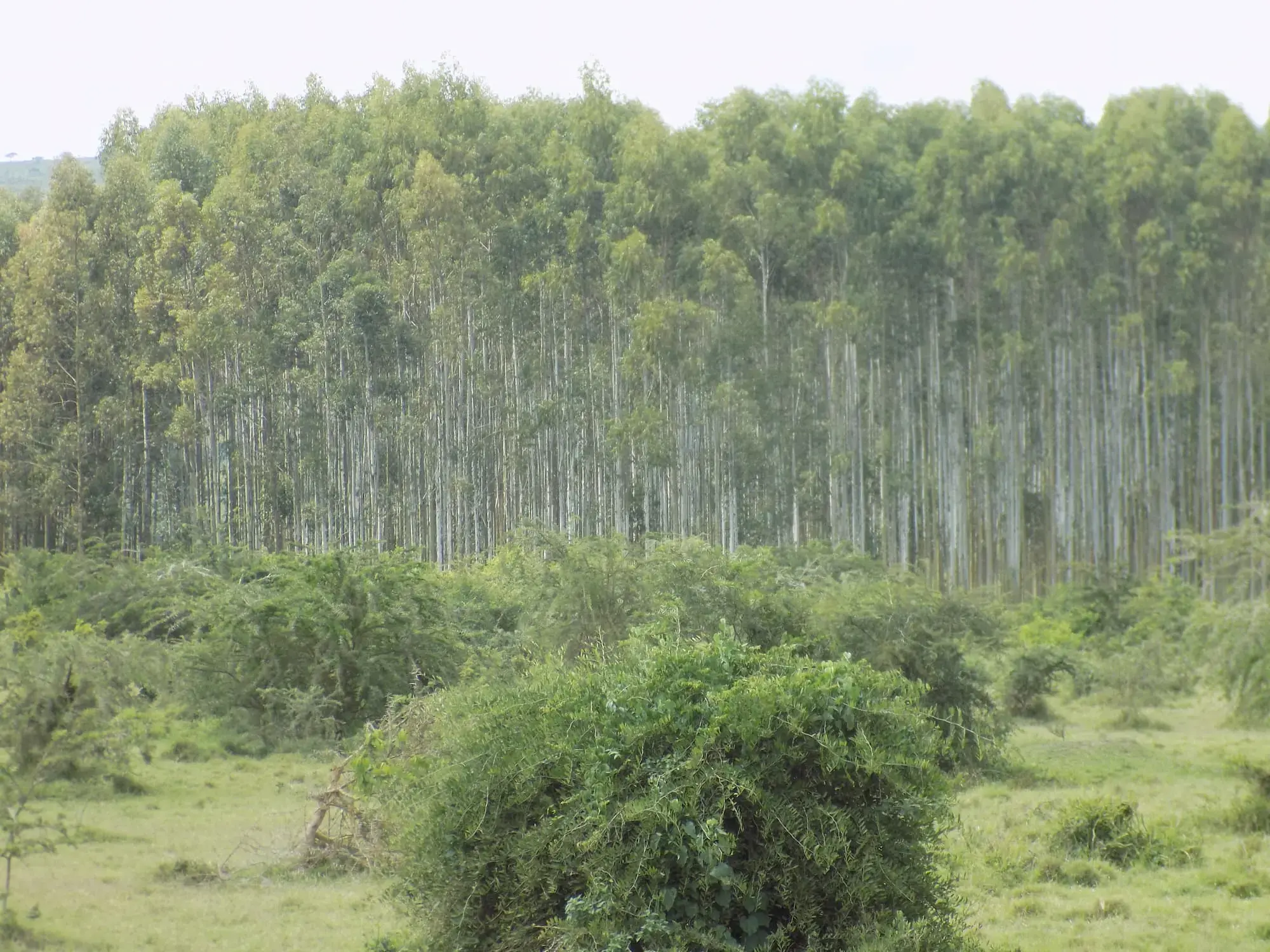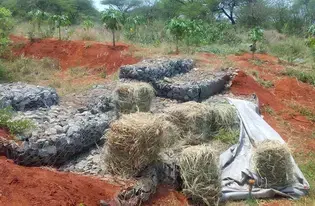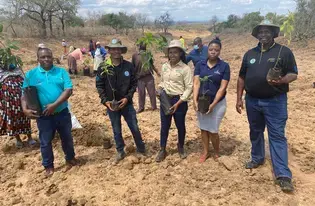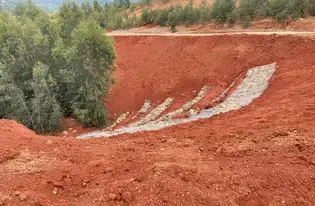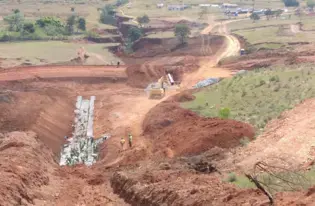In refugee camps, environmental challenges can be hard to overcome. But Nsamizi has found a creative solution. By involving people in the process of finding solutions, they have improved livelihoods without limiting them.
Nsamizi Training Institute of Social Development (NTISD) is a Ugandan Government Tertiary Institution established in 1952 to train professional social development workers and provide community-centered training for social and economic transformation. Through a partnership between the Ugandan Government and UNHCR in 2006, Nsamizi has focused its work on refugees that call Uganda home.
Nsamizi began its work after observing refugees cut down trees to supply their homes with firewood and expand their farms into forests. According to a World Bank report, nearly all refugees (96.9%) and their host communities (97.6%) in sampled settlements in Uganda rely on woodfuel for cooking, averaging nearly 2 kgs per person per day. The widespread deforestation that resulted has eroded the soil and silted up nearby lakes, which is harming the water and food supplies of local people.
To reverse this trend, Nsamizi received a grant from TerraFund for AFR100, an initiative of World Resources Institute, One Tree Planted, and Realize Impact that finances Africa's top restoration enterprises and projects, to revitalize the Nakivale Refugee Settlement, located in Isingiro District near the Tanzanian border in southwest Uganda.
Starting in May 2022 and running through 2026, the project grows trees to revive almost extinct natural resources and provide refugees with sustainable livelihoods. The project promotes self-sufficiency and efficient utilization of natural resources.
Peter Kakuru, Nsamizi’s project manager, explains how the organization selects which tree species to grow. “We plant species that benefit the community and environment. These include firewood, timber trees, fruit trees, indigenous species for grazing areas, and bamboo for water conservation near the lake,” said Peter.
The project pays refugees to prepare and maintain the nursery bed. This not only supports the community financially but also raises awareness about environmental protection and conservation. Nsamizi employs 82 staff, including 47 women. The project is mobilizing 2,000 people to plant 200,000 trees of different species on 200 hectares of land in and around woodlots, roadways, homes, institutions, and wetland buffer zones.
Key to the project’s success will be teaching the community about the long-term importance of growing trees and restoring land. “We have conflicting preferences among our community members, some of whom are agriculturalists and pastoralists who require further education on the sustainable use of natural resources. Additionally, there is unregulated exploitation of land by various communities. To address this, we plan to educate and sensitize everyone about the significance of responsible use and conservation of natural resources,” adds Peter Kakuru.
This project is just one portion of Nsamizi’s work, which has impacted 152,000 lives in five refugee settlements and aims to reach 400,000 people in the coming years. Their long-term goal is to ensure food security and a safe, clean environment for Ugandans, particularly refugees who are the project’s main implementers and beneficiaries. By promoting sustainable livelihoods and environmental conservation, Nsamizi offers a potential model for other communities facing similar challenges.
